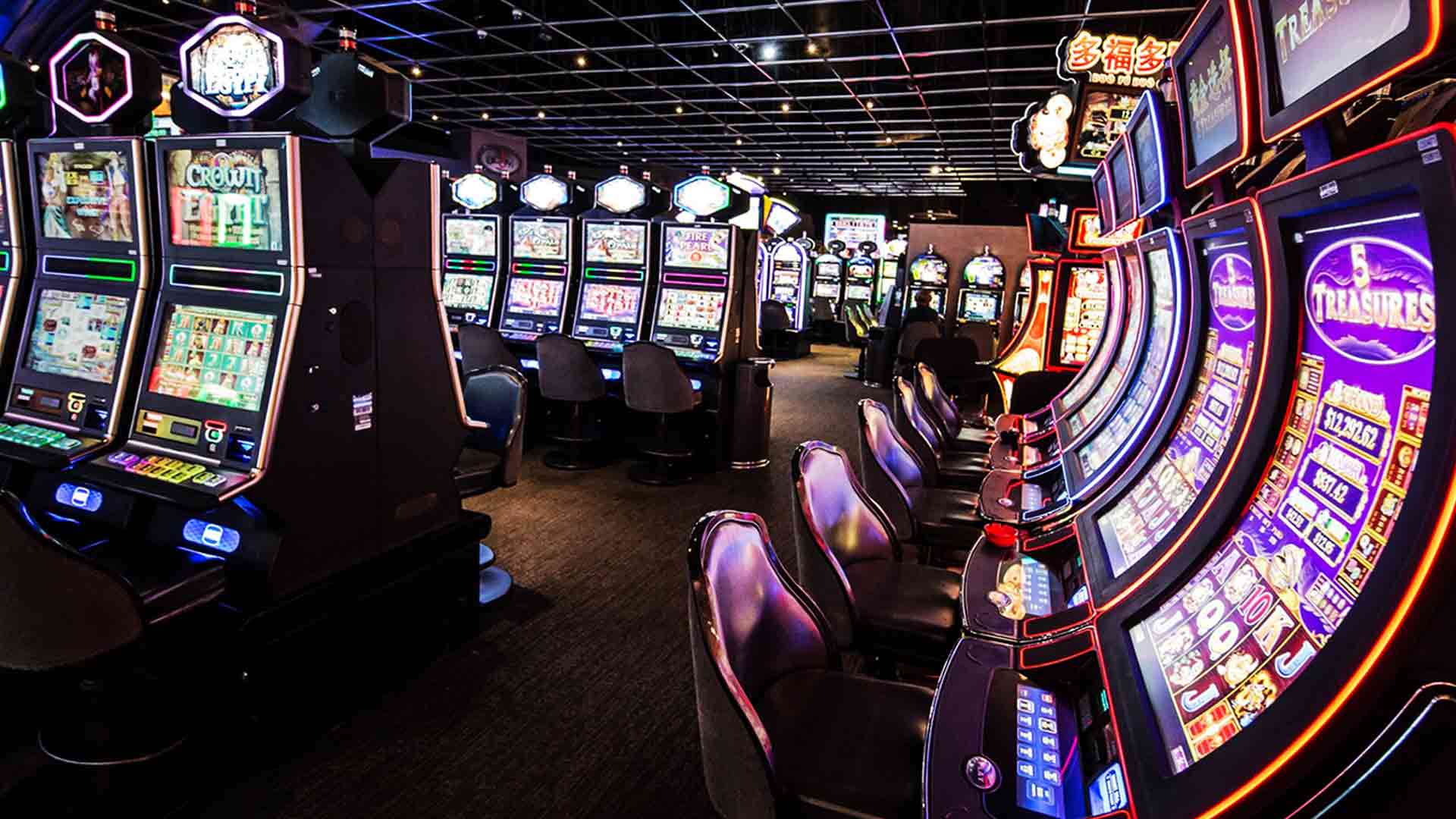The Hidden Psychology of Casino Nights

The Hidden Psychology of Casino Nights
Casino nights, with their dazzling lights, alluring sounds, and palpable sense of excitement, have long captivated both seasoned gamblers and casual players alike. But beyond the superficial glamour lies a complex interplay of psychological principles that drive behavior and influence decision-making. Understanding this hidden psychology is key to appreciating the allure of these events and, for those who choose to engage, managing risk effectively. This article delves into the key psychological factors at play during a casino night, exploring how they shape our experiences and influence our actions.
The Power of the Environment
The casino environment itself is a carefully crafted psychological landscape. Casinos are designed to stimulate the senses and encourage players to stay longer and spend more. Several elements contribute to this:
- Sensory Overload: Casinos are purposefully loud, with the constant chatter of dealers, the clinking of chips, and the ringing of slot machines. Bright, flashing lights are strategically placed to capture attention and create a sense of exhilaration. This sensory overload can disorient players and make them less aware of the passage of time.
- Lack of Clocks and Windows: The absence of clocks and natural light is a deliberate tactic to disrupt players' sense of time. Without these cues, players can easily lose track of how long they’ve been gambling, increasing the likelihood of extended play.
- Free Drinks and Amenities: Offering complimentary drinks and other amenities further encourages players to remain in the casino. Alcohol, in particular, can impair judgment and lead to riskier decision-making.
- The Maze-like Layout: Casinos are often designed with winding pathways and hidden corners, making it difficult to find exits and navigate. This can create a sense of isolation and increase the feeling of being trapped in a particular space.
Cognitive Biases and Their Influence
Our minds are susceptible to a range of cognitive biases that can significantly impact our gambling behavior. Understanding these biases is crucial for making informed decisions:
- Loss Aversion: People feel the pain of a loss more intensely than the pleasure of an equivalent gain. This can lead players to chase losses, making increasingly risky bets in an attempt to recover what they've lost.
- The Gambler's Fallacy: This is the mistaken belief that if something happens more frequently than normal during a given period, it will happen less frequently in the future (or vice versa). For example, believing that after a series of losses, a win is “due.”
- Confirmation Bias: Players often selectively focus on evidence that supports their existing beliefs and ignore evidence that contradicts them. This can lead to overconfidence and a failure to recognize the risks involved.
- Near Misses: The experience of almost winning can be surprisingly motivating. Near misses on slot machines, for instance, can trigger the same reward pathways in the brain as actual wins, encouraging players to keep playing.
The Role of Emotions and Social Influence
Casino nights are not just about money; they're also deeply influenced by emotions and social dynamics.
- Emotional Rollercoaster: The highs of winning and the lows of losing can create an emotional rollercoaster. Players may experience intense excitement, disappointment, and even anger.
- Social Proof: The presence of other players and the sounds of cheers can create a sense of social proof, making the activity feel more appealing and acceptable. Seeing others win can encourage the belief that winning is possible.
- Social Pressure: Players might feel pressured to bet more, stay longer, or engage in other behaviors to fit in with the group or impress others.
Strategies for Responsible Gambling
Recognizing the psychological factors at play is the first step towards responsible gambling. Here are some strategies to consider:
- Set a Budget: Determine how much money you are willing to spend and stick to it.
- Set Time Limits: Decide how long you will gamble and take breaks.
- Avoid Alcohol: Alcohol can impair judgment and decision-making.
- Know Your Limits: Recognize when you are no longer enjoying yourself and walk away.
- Seek Help: If gambling is negatively affecting your life, seek professional help.
Casino nights can be a source of entertainment and excitement. By understanding the underlying psychological principles at play, you can enjoy these experiences more responsibly and make informed decisions. For a reliable and reputable online gaming experience, check out the m88 slot link alternatif.
```